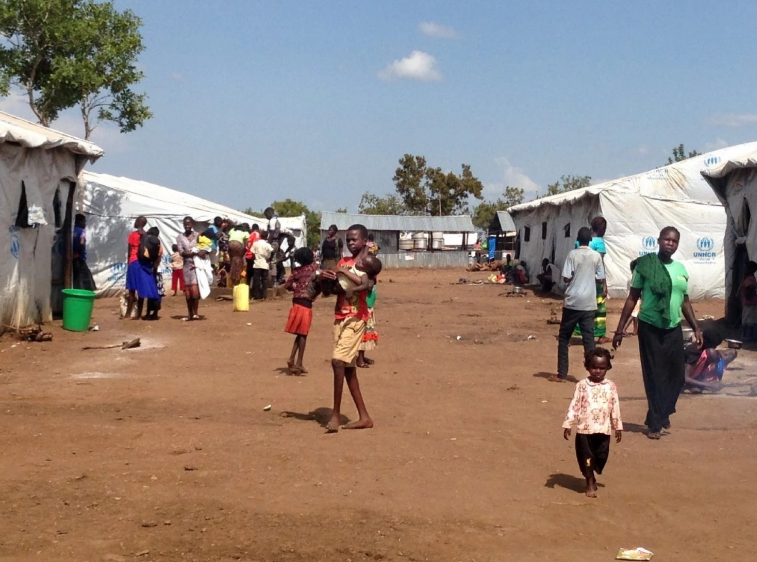
NAIROBI, Kenya – Three months ago, the town of Bidi Bidi in northern Uganda was mostly rugged grassland, speckled with a few small buildings and homes.
Now, Bidi Bidi is home to the world’s fourth-biggest refugee camp, according to United Nations officials – 160,000 South Sudanese who fled the most recent spasm in their country’s civil war.
Most people associate the global migrant crisis with Europe’s struggle to accommodate the massive numbers of people who have arrived over the past two years, but African nations continue to host as many refugees than those in European (both regions hover around 4.4 million, according to the U.N. High Commissioner for Refugees). Remarkably, 26 percent of the world’s refugees now live in Africa, in some of the world’s poorest nations, least equipped to handle the inflow.
There is no better example than Bidi Bidi of how rapidly Africa’s refugee problem has surged, even as Europe’s influx appears to have stabilized.
The makeshift camp has received the same number of refugees since July as all of Greece did from January to September, according to data from the International Office for Migration and UNHCR.
In July, fighting in South Sudan’s capital shattered a fragile cease-fire that had been in place for about a year between forces led by the country’s president and vice president. Hundreds of people were killed over several days. Immediately, civilians started fleeing their homes. Many of them crossed the border to Uganda. On one day alone, 8,000 people arrived.
“It became clear that we had to identify a new settlement area,” said Charlie Yaxley, a UNHCR spokesman in Uganda.
The numbers kept on increasing as hopes for reconciliation in South Sudan faded – there are now around 2,500 arrivals every day.
In South Sudan, an untold number of women had been sexually abused during the conflict. Boys were forced to join militant groups. Those who escaped to Uganda told stories of horror. Many children arrived alone, after their parents were killed. Both government and opposition forces in South Sudan have been accused of the abuses. Much of the fighting has fallen along tribal lines.
Women and children make up 85 percent of new arrivals at Bidi Bidi, according to UNHCR. Officials are expecting thousands more to arrive in the coming months.
But as with the rest of Africa’s refugee crisis, the United Nations was vastly underresourced to handle the influx. UNHCR’s funding appeal for Uganda in 2016 is $250 million. So far, it has received only 30 percent of that amount.
One sign of that shortfall: The United Nations had to cut the food rations it had initially provided to many refugees by 50 percent.
“Even deeper cuts may be necessary,” Yaxley said.
Uganda now hosts about 500,000 refugees, including those in Bidi Bidi. Other people in the camps are from Burundi, Somalia and Congo.
But the country also hosts one of the most progressive refugee policies in the world.
Refugees in Uganda are given the right to work and travel freely. They are given materials to build homes and a plot of land to cultivate. They are even allowed to vote and stand for office at a local level.
The World Bank has called Uganda’s refugee policy “one of the most progressive and generous in the world.”
“It is my view that an economically empowered refugee is beneficial to the national economy and as a nation we should work towards this,” said Marcel Tibaleka, Uganda’s ambassador to Germany and the Vatican, during a forum on “Free Movement of Persons,” held in April in Bonn.
But despite that policy, the country still needs far more help to host the refugees than it is receiving. Malnutrition remains a problem among children. The volume of water available “remains inadequate to meet the growing demand of the settlement,” according to the United Nations.
Featured Image: AP
(c) 2016, The Washington Post · Kevin Sieff

